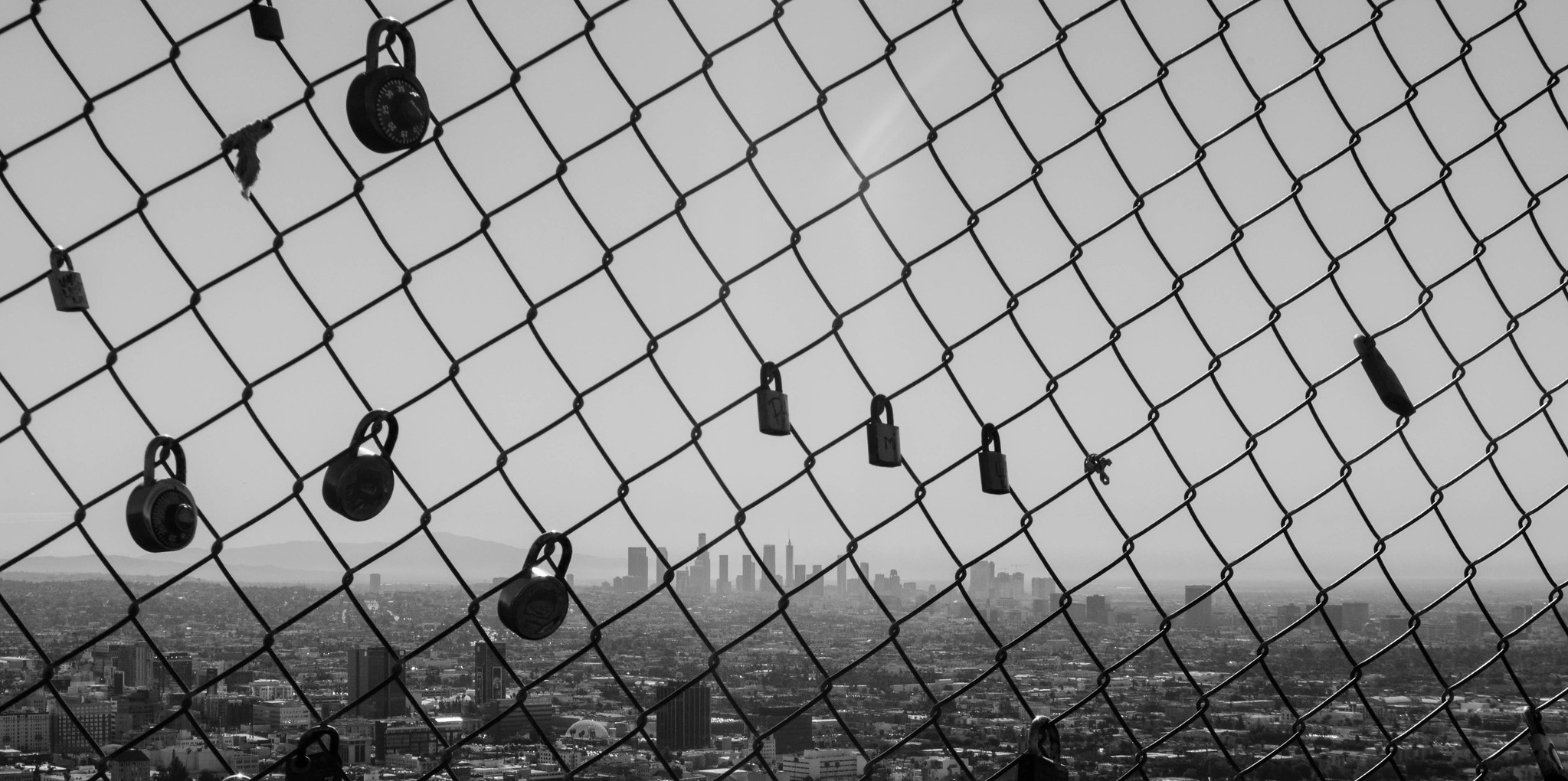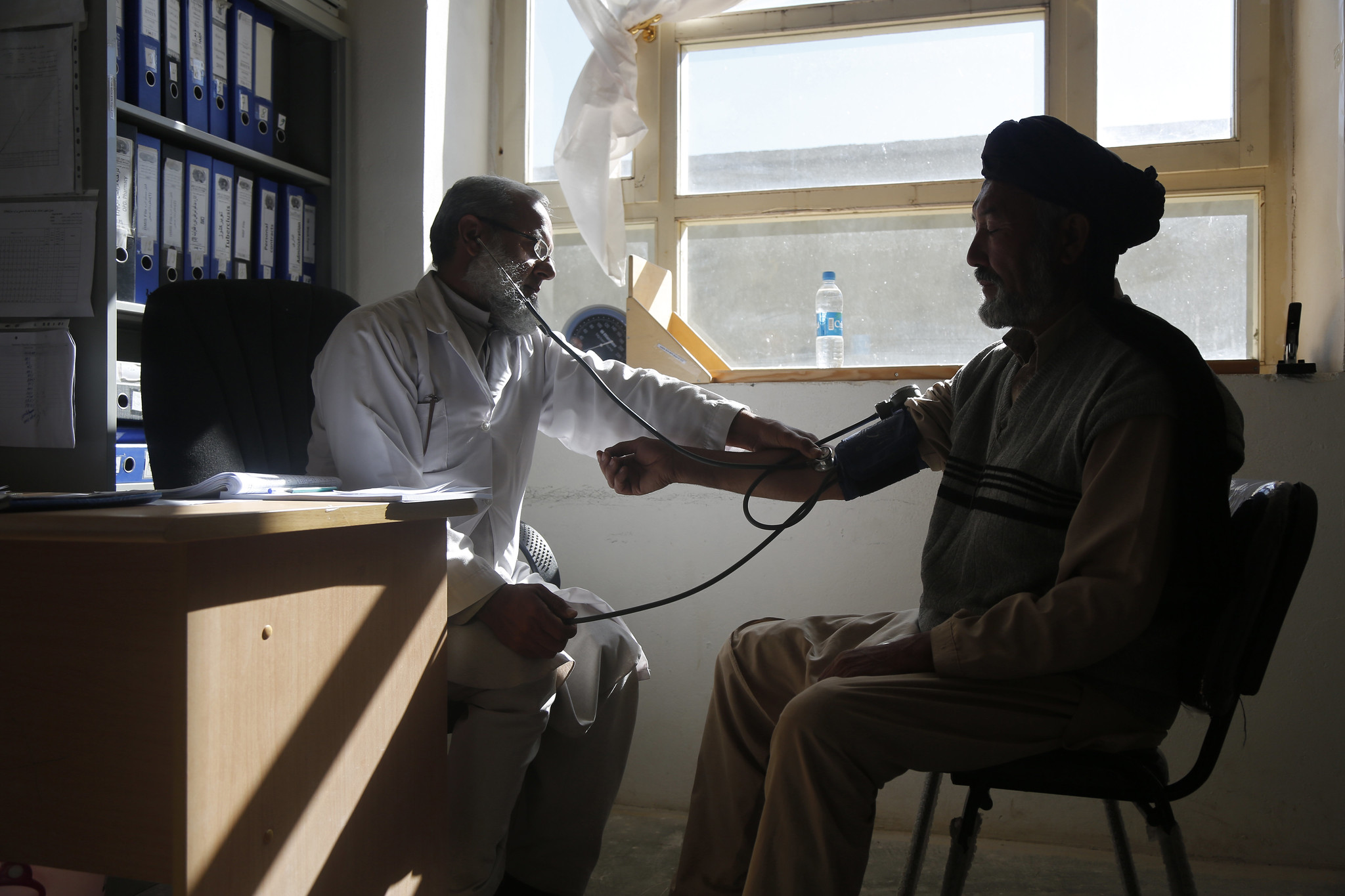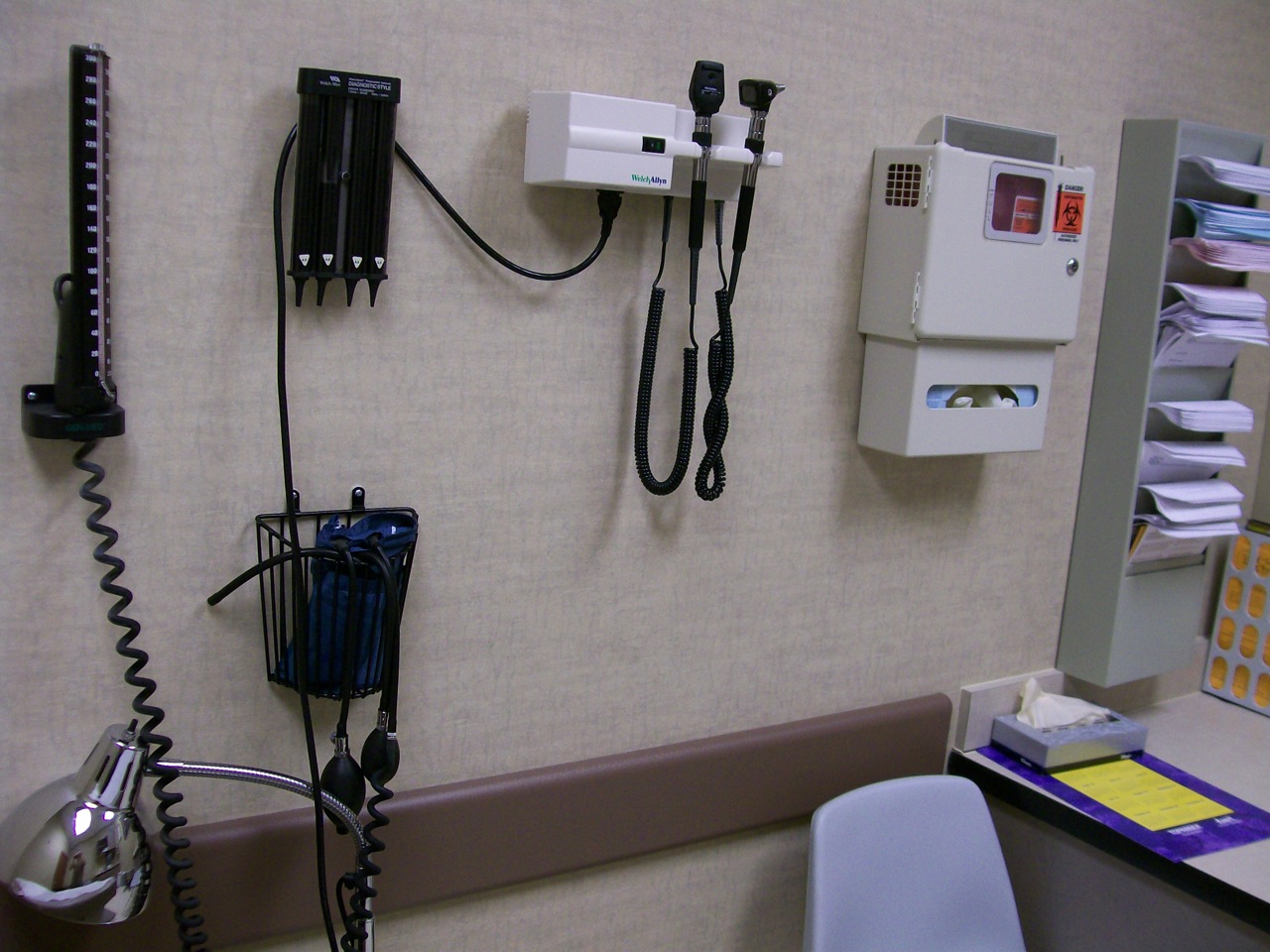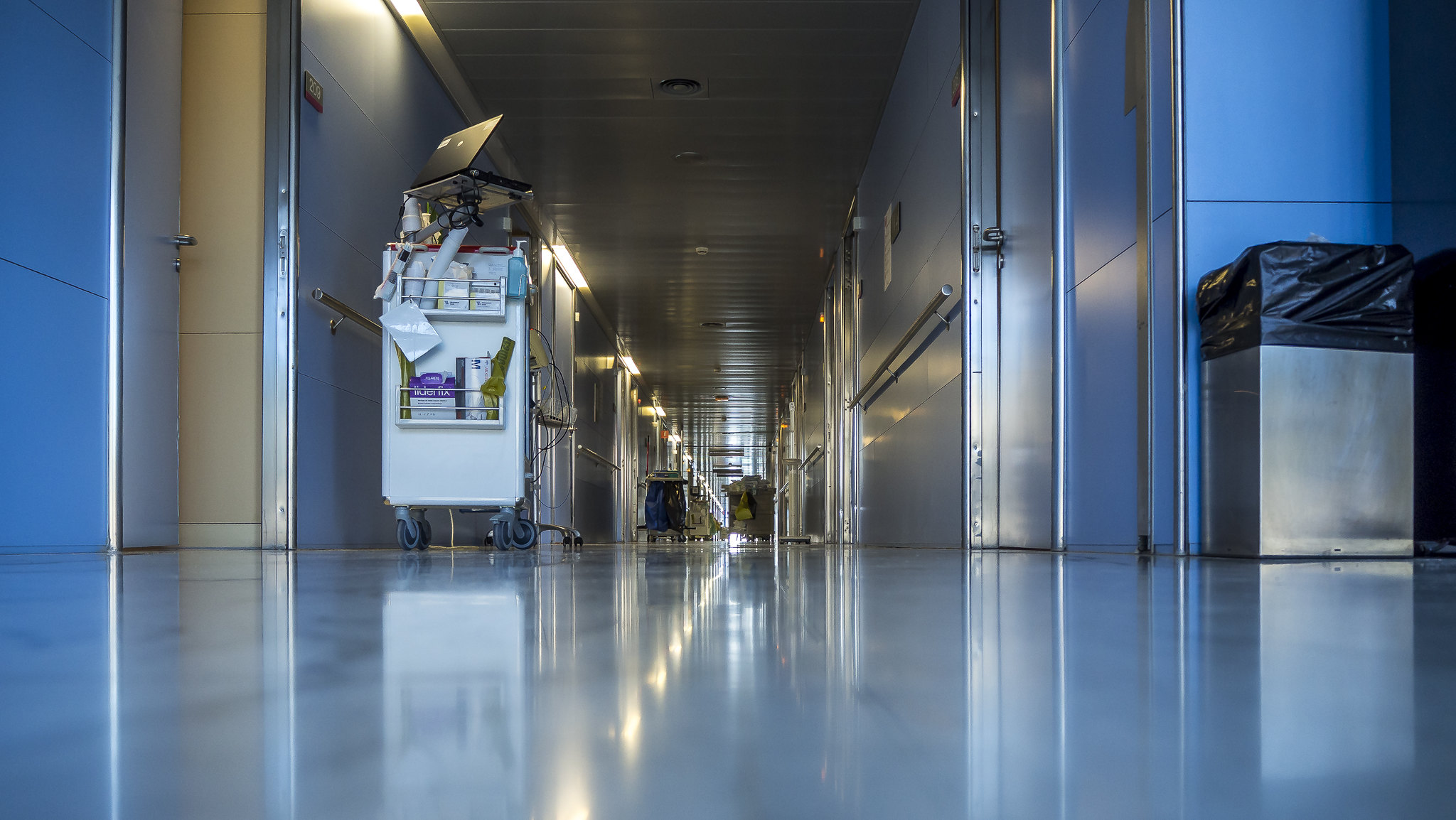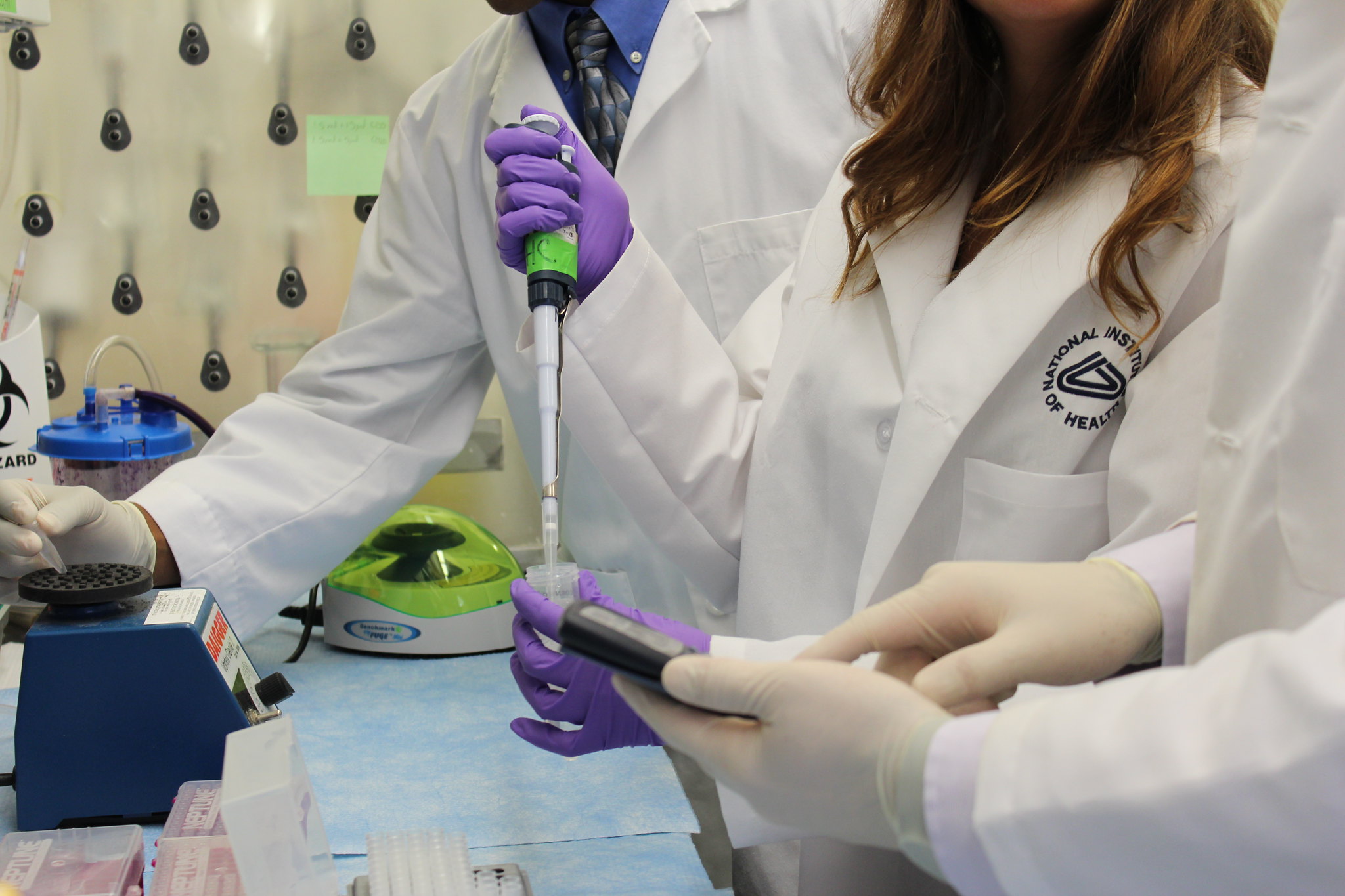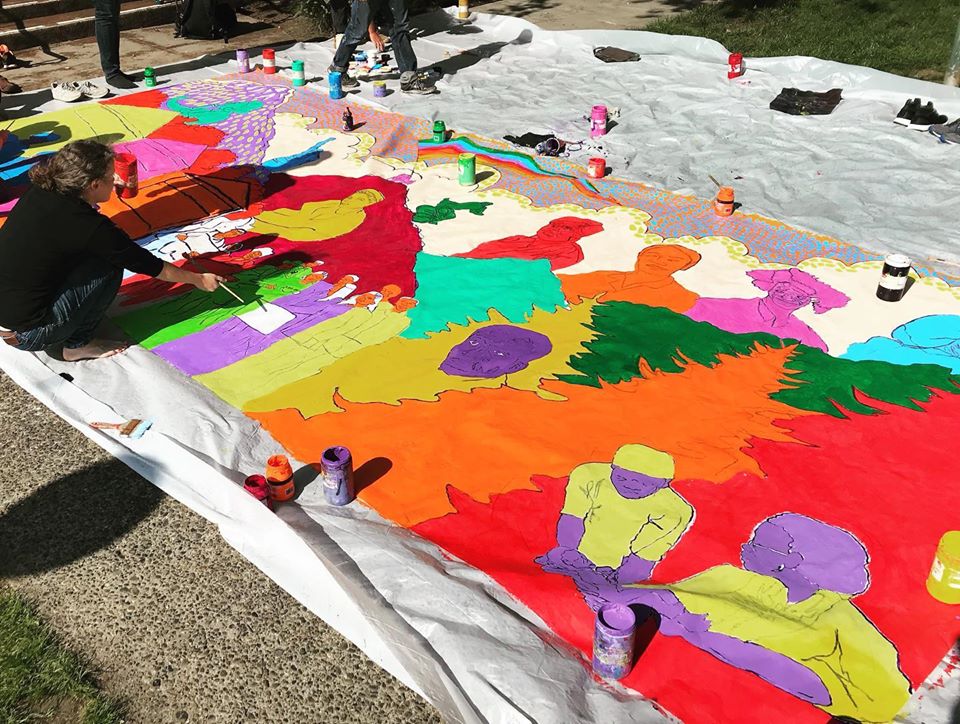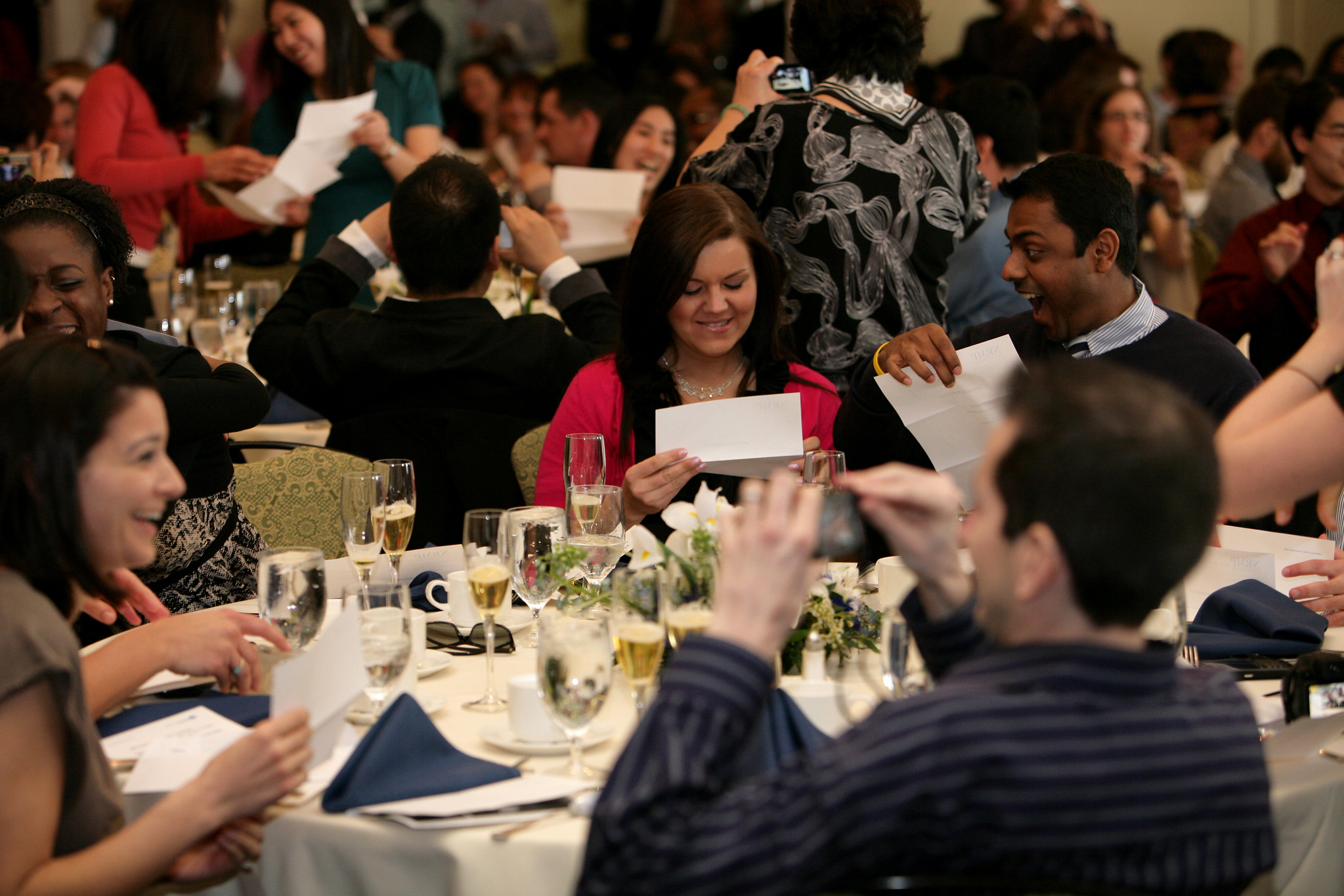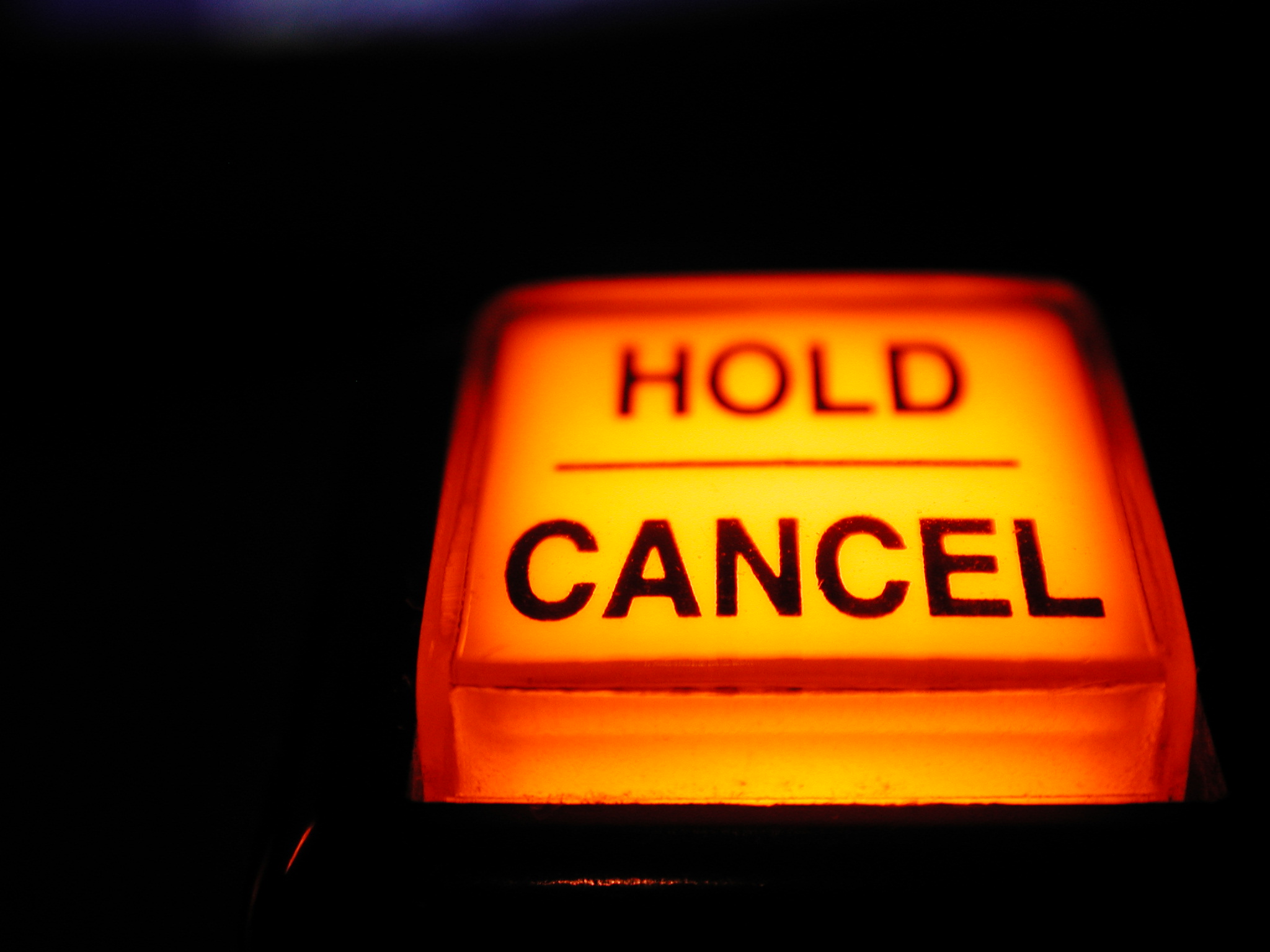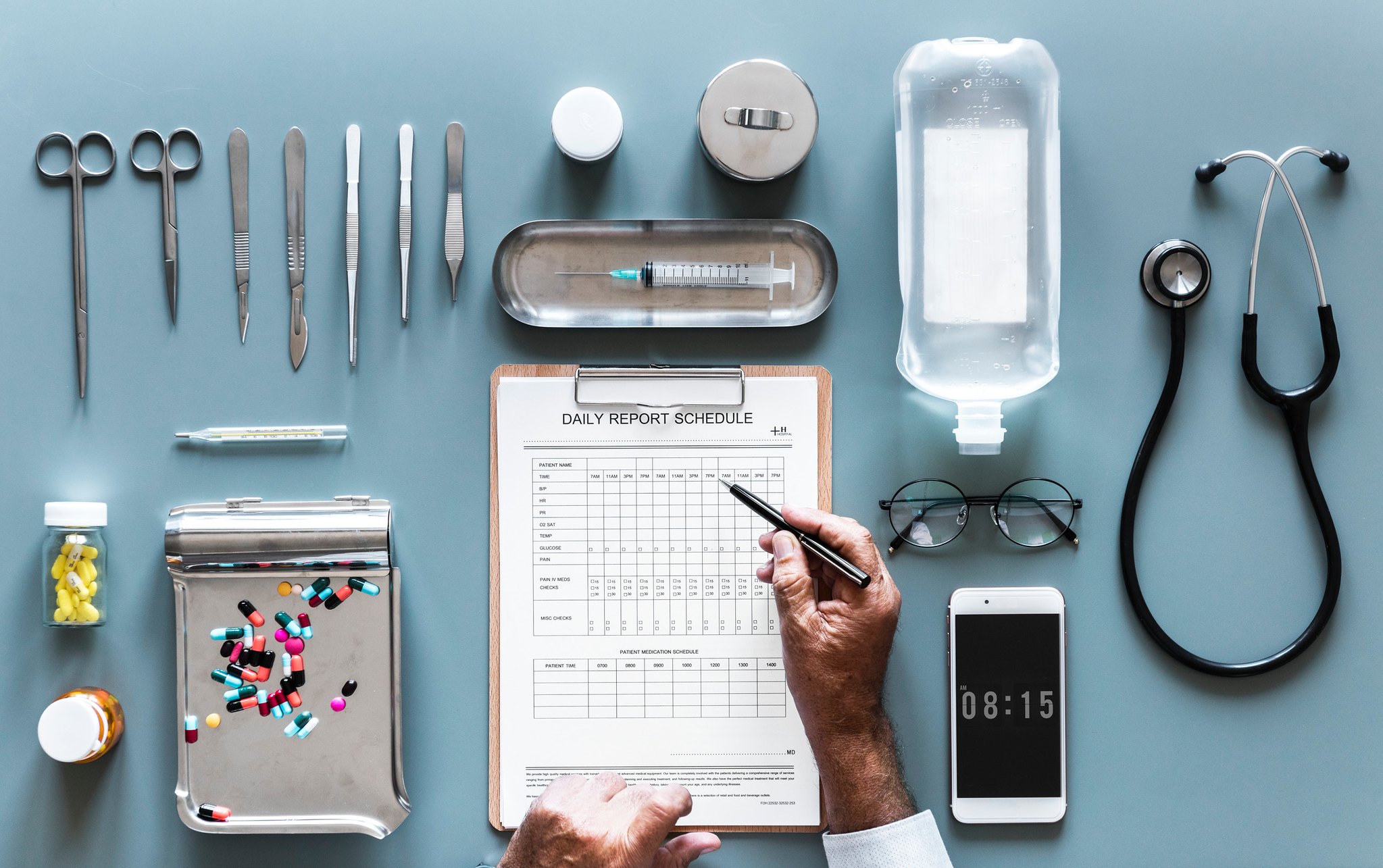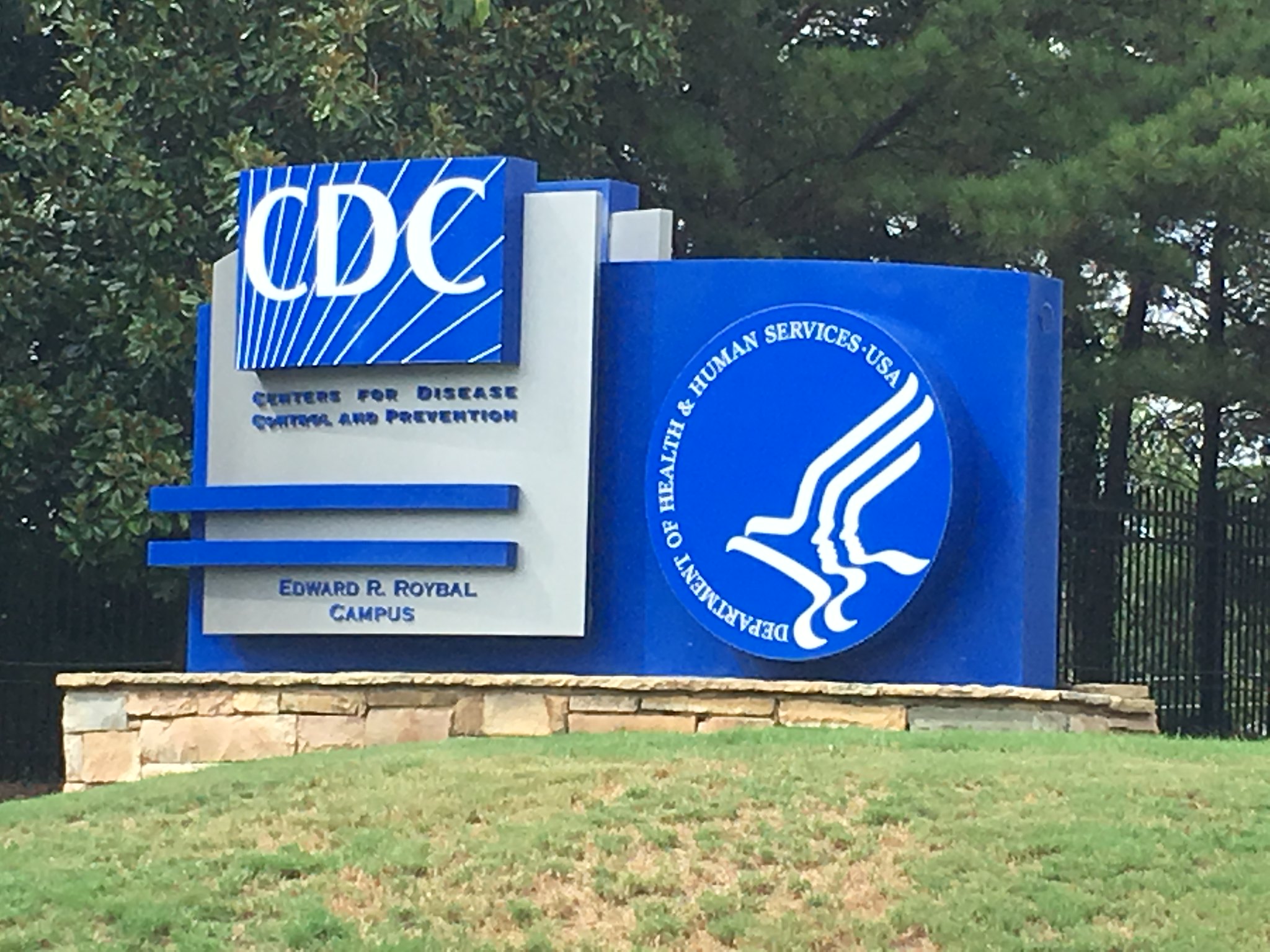 Meghan Sharma (3 Posts)
Meghan Sharma (3 Posts)Columnist
University of Miami Miller School of Medicine
Meghan is a second year medical student in the MD-MPH program at the University of Miami Miller School of Medicine in Miami, Florida class of 2023. In December of 2018, she graduated from Washington University in St. Louis with a Bachelor of Arts in political science and a minor in biological anthropology. She has written for The Denver Post (Denver, Colorado), has been a writer and editor for Washington University Student Life (St. Louis, Missouri), and has been published on KevinMD.com. She enjoys skiing, snowboarding, baking, dancing, and playing piano in her free time. In the future, Meghan would like to incorporate medical journalism into her career as a physician.
Life, Liberty, and the Pursuit of Healthiness
As doctors-in-training, we are not often exposed to the fundamental legal tenants of healthcare and medicine. But law and policy play a significant role in how we will practice -- including but not limited to the role of legal documents such as the Constitution on health policy, the impact of Supreme Court cases on healthcare legislation, and the role of international organizations and governmental decisions in global health. By discussing topics in medical law, public health policy, and the government's role in healthcare, we can better understand the intersection between the duties of physicians on the clinical level and the involvement of medicine on a national level.
The COVID-19 pandemic has raised many questions about how to constitutionally handle a public health crisis on both the state and national levels. Many wonder if a national lockdown can be put in place — a new dilemma that has little legal precedent to follow.
At this very moment, our medical care providers are acting as the heroes we know them to be. They should be celebrated for their steadfast courage and dedication to the community’s safety and wellbeing. Our job as medical students is to support those brave practitioners in the way that most protects their safety and the safety of their patients, which very well could mean (and probably does mean) staying home.
There has been limited to no coverage regarding what it’s like to get sick during this time and to enter the health care system without knowing if your condition is related to the pandemic. I envisioned it to be a frightening situation with much grey area, and then I endured it myself.
Throughout my training, I’ve observed the shortcomings and strengths of the health care system from the perspective of the next generation of physicians. Lack of emphasis on preventative care put Americans at risk even before COVID-19 hit our shores.
On March 17, 2020, the American Association of Medical Colleges (AAMC) and the Liaison Committee on Medical Education (LCME) jointly issued a statement supporting “medical schools in placing, at minimum, a two-week suspension on their medical students’ participation in any activities that involve patient contact.” The joint recommendation leaves thousands of third-year medical students, who will soon enter into their final year of school, contemplating their role in the face of this evolving pandemic.
SARS-CoV-2, the virus that causes COVID-19, shares a high degree of homology with SARS-CoV, including sharing the receptor protein ACE2. We hope our medical student readers will find this review helpful, informative and concise.
Though there are no confirmed cases of COVID-19 in Saipan, the island commonwealth has become a ghost town.
From a public health perspective, we in Oregon have nowhere near the number of cases as our northern neighbors in Washington, although with delayed testing it is hard to tell exactly how many people are infected. But as we continue to follow the pattern of disease spread that has been demonstrated in Wuhan and Italy, we can presume that things will only escalate from here. And with it, inequities will be laid bare.
Our promise to you as the current editors-in-chief is to continue delivering thought-provoking perspectives about this pandemic from our perspectives as students. There is much to say, and we want to enrich the dialogues that are already happening surrounding the pandemic with medical student experiences.
Working with other medical students at our university, and with others all across the country, we have developed an initiative designed to match students with health care workers in a longitudinal one-to-one relationship to adhere to social distancing guidelines and provide necessary services such as childcare, petsitting, and errands.
In recent days, some medical schools have begun canceling rotations in the face of a growing pandemic. The halls of my own school have been abuzz with conversations of deans and students alike about how a medical school must operate during an outbreak.
This is a question that I have been asked dozens of times over the last several weeks. Ever since the World Health Organization (WHO) and U.S. Department of Health and Human Services declared the COVID-19 outbreak a public health emergency, news media has integrated COVID-19 into the news cycle constantly.
 Samuel Rouleau, MD (5 Posts)
Samuel Rouleau, MD (5 Posts)Editor-in-Chief Emeritus (2020-2021) and Former Managing Editor (2019-2020)
Emergency Medicine Resident, UC Davis Medical Center
Sam is an emergency medicine resident at UC Davis Medical Center. He attended the Mayo Clinic School of Medicine, graduating in 2021. In 2017, he graduated from the United States Air Force Academy with a Bachelor of Science in biochemistry. He enjoys reading, writing, yoga, skiing and rock climbing in his free time.
Note: The opinions expressed by Sam on in-Training are his own. They do not reflect the opinion of the U.S. Air Force, the Department of Defense, or the U.S. government.

